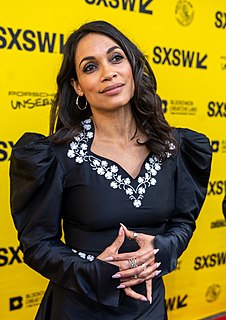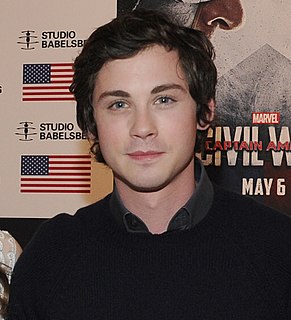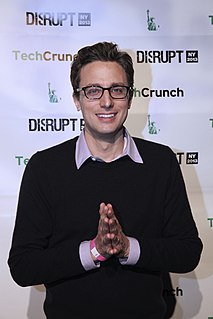A Quote by Vint Cerf
Movie distribution may very well have migrated fully to digital form by then, making a huge dent in the need to print film and physically distribute content.
Related Quotes
There is this ferocious digital revolution coming along and we're in the teeth of that at the time of maximum economic disruption. There are huge opportunities there. I made the point in my supplementary statement that the Guardian is now a very considerable global player, but there are huge challenges in terms of making, of finding, the convincing business model, so I want to see Guardian journalism continue and thrive, although whether and to what extent that is in print or in digital is a sort of second order matter.
I was fascinated by making a submarine movie, inspired by the Kursk disaster. This idea of being trapped down at the bottom of the sea seemed so terrifying. I was very interested in making a sub film which wasn't a military film. You think, Well, why are they there, then, if they're not in the military? Oh, well, they must be looking for treasure.
If you need to strap a camera to you or get in a small space, then it makes sense to use digital.I do think it is possible to use a digital camera artistically, but it can only be good if you are using film technique. Film has grain, and digital has pixels, and there is not that much of a difference, but digital does not replace the need to create a scene and light it properly and spend time considering the shot.
Print is still responsible for a significant portion of the revenues that, you know, pay for the work of the newsroom. But, you know, digital is very important. And part of the thrill of having this job now is I get to lead us through what is both a thrilling and very challenging transition from a print world to a digital world.
Technology has already opened the door a bit wider for filmmakers, with smaller digital cameras making production less cumbersome. Social media is allowing self-distribution, and girl groups like Spark Summit are leading the way in calling for fewer Photoshop image alterations of girls in print media.





































